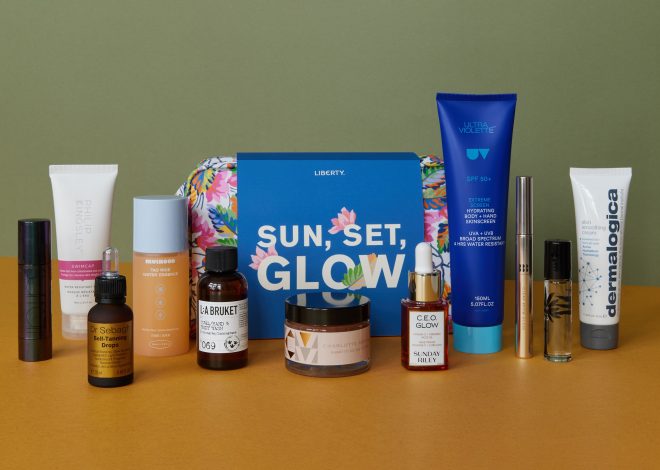
What fashion misunderstands about menopause
Lack of awareness and knowledge means many women are misdiagnosed or suffer in silence. Short initially thought she had ADHD, while Weitzner mistook her brain fog for early on-set Alzheimer’s. Actress Halle Berry was famously misdiagnosed with herpes when she went through the menopause. “All of this means more time out of work for unnecessary tests and consultations with the wrong specialists, and more time passing before women get access to the right treatment,” says menopause specialist Dr Louise Newson. “There are also serious health risks associated with untreated menopause — including heart disease, osteoporosis and diabetes — which can affect work as well.”
Fashion businesses that fail to support employees going through the menopause risk losing experienced talent. “It will cost employers far less to invest in menopause policies than it will to replace even a single woman who leaves due to a lack of menopause support, especially if those women take former employers to tribunal, which we’re seeing more and more,” says Deborah Garlick, CEO of workplace consultancy Henpicked, which works with companies across industries like fashion to implement menopause policies.
Attracting and retaining women throughout the menopause starts with acknowledging them. Having a menopause policy in place can reassure employees that the business they work for sees them as human beings, not just human resources, Garlick says. “A lot of people don’t feel comfortable talking about [menopause], but raising awareness is one of the most important interventions businesses can make,” she adds. To normalise menopause in the workplace, Garlick recommends holding awareness-raising sessions and gathering employee feedback, so any resulting HR policies can be shaped by what people in the organisation actually want and need.
There is no one-size-fits-all for menopause policies. Garlick suggests starting with an audit of the environment employees are working in, and making interventions that enable women to take control of their symptoms. “Do your shift patterns allow people to take breaks, to get water or nip to the bathroom, to get hot flushes or flash periods under control? If your staff wear uniforms, are they made from breathable fabrics?”
Some in the fashion and beauty industries are taking matters into their own hands. Ana Herrera, who previously had a storied career in beauty, entered surgical menopause following a hysterectomy to deal with stage four endometriosis. This was the impetus for her to set up Hormone University, an educational platform focused on hormonal health, as well as a verification platform for products that are free from endocrine-disrupting chemicals, which she says helps businesses to update the cleaning and hygiene products used in offices.
Sarah Curran, who founded online luxury boutique My Wardrobe and has since held senior roles at Shop Direct and French Connection, among others, says working from home helped her deal with the menopause, because she could manage her symptoms in private while continuing to interact with colleagues online. “I could be business up top and menopause down below,” she jokes. In 2023, she founded Just Hotter, a retail platform for menopause products, as well as health and wellness content, to offer education and options to women who may not want to treat their menopause with hormone replacement therapy (HRT). “There’s a lot of judgement around how women treat menopause, but it’s a personal choice,” she says.


